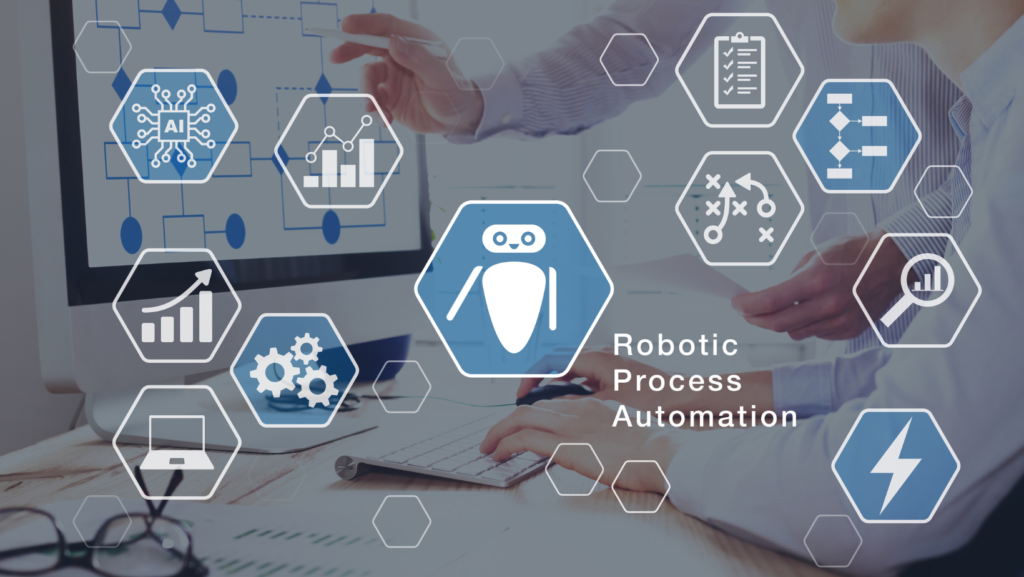Power of Large Language Models for Business Growth
In the rapidly evolving landscape of digital marketing and business development, enterprises are continually seeking innovative ways to gain a competitive edge. One such innovation that has taken the world by storm is the utilization of large language models (LLMs) in various aspects of their operations.
These LLMs, powered by artificial intelligence and natural language processing, have the potential to revolutionize the way businesses interact with their customers, streamline operations, and drive growth.

In this article, we will delve into the world of LLMs and explore how enterprises can harness their power to achieve unparalleled success.
Understanding Large Language Models (LLMs)
Before we dive into the practical applications, let’s first grasp the concept of Large Language Models. LLMs are sophisticated AI systems that have been trained on vast datasets comprising text from the internet. These models have an astonishing ability to understand and generate human-like text.
They are not just rule-based algorithms; instead, they learn patterns and context from the massive amount of text they’ve been exposed to. Prominent examples of LLMs include GPT-3, BERT, and T5.

Enhancing Customer Interactions
In today’s digital age, customer interactions are crucial for building brand loyalty and driving sales. Enterprises can leverage LLMs to enhance these interactions significantly.
Chatbots powered by LLMs can provide customers with instant, personalized responses to their queries, creating a seamless and efficient customer service experience. Moreover, LLMs can analyze customer feedback and sentiment, helping businesses fine-tune their products and services to better meet customer expectations.
Transforming Content Creation
Content marketing plays a pivotal role in the online presence of any enterprise. LLMs can be a game-changer in content creation. By using LLMs, businesses can generate high-quality, engaging content at scale.

These models can assist in crafting blog posts, product descriptions, and social media updates that resonate with the target audience. Furthermore, LLMs can optimize content for SEO, ensuring that it ranks higher in search engine results, and driving organic traffic to the enterprise’s website.
Data Analysis and Decision-Making
Data is the lifeblood of modern enterprises, and making informed decisions based on data insights is paramount. Large Language Models excel in data analysis. They can process vast amounts of data quickly and provide valuable insights.
This capability can be instrumental in market research, trend analysis, and identifying growth opportunities. By leveraging LLMs for data analysis, enterprises can make data-driven decisions that lead to strategic advantages
Automating Repetitive Tasks
Enterprises often grapple with repetitive and time-consuming tasks that consume valuable resources. LLMs can be programmed to automate these tasks efficiently.
From handling routine emails to data entry and analysis, LLMs can take over mundane operations, allowing human resources to focus on more strategic and creative endeavors. This not only enhances productivity but also reduces operational costs.

Personalized Marketing Campaigns
Tailoring marketing campaigns to individual customer preferences is a key driver of success in today’s competitive market. Large Language Models can analyze vast datasets of customer behavior and likes to create highly personalized marketing campaigns.
Whether it’s email marketing, product recommendations, or targeted advertising, LLMs can ensure that the right message reaches the right audience at the right time, significantly improving conversion rates
Addressing Security and Compliance
With great power comes great responsibility. Enterprises must ensure that their use of LLMs complies with privacy and security regulations. LLMs can assist in this aspect as well. They can be programmed to monitor data for any security breaches or compliance violations.

Additionally, they can generate privacy policies and compliance documents to legal requirements, reducing the risk of legal issues.
Conclusion
To conclude large language models are more than just buzzwords; they can help enterprises achieve unprecedented growth. From enhancing customer interactions to automating tasks and personalizing marketing campaigns, the applications of LLMs are vast and promising.
However, enterprises need to approach the integration of LLMs with a clear strategy, ensuring that they align with business objectives and adhere to ethical and legal standards. By harnessing the power of large language models, enterprises can embark on a journey of innovation, efficiency, and sustainable growth in the digital era.
In this journey towards utilizing LLMs, IBU Consulting stands as a trusted partner, offering expertise and guidance to enterprises seeking to maximize the potential of these advanced AI technologies. With a focus on ethical implementation and tailored strategies, IBU Consulting helps businesses unlock the true value of large language models and drive sustainable growth in today’s digital era.
Frequently Asked Questions (FAQs)
A Large Language Model (LLM) is a sophisticated AI system trained on vast datasets of text from the internet. It can understand and generate human-like text by learning patterns and context from the extensive data it has been exposed to.
LLMs can power chatbots that provide instant, personalized responses to customer queries, creating a seamless and efficient customer service experience. They can also analyze customer feedback and sentiment to help businesses improve their products and services.
LLMs can assist in generating high-quality and engaging content at scale, including blog posts, product descriptions, and social media updates. They can also optimize content for SEO, improving search engine rankings and driving organic traffic to the enterprise’s website.
LLMs excel in data analysis, quickly processing vast amounts of data and providing valuable insights. This ability is crucial for market research, trend analysis, and identifying growth opportunities, enabling data-driven decision-making for enterprises.
LLMs can be programmed to automate tasks such as handling emails, data entry, and analysis. By automating these tasks, LLMs free up human resources to focus on strategic and creative endeavors, enhancing overall productivity and reducing operational costs.
